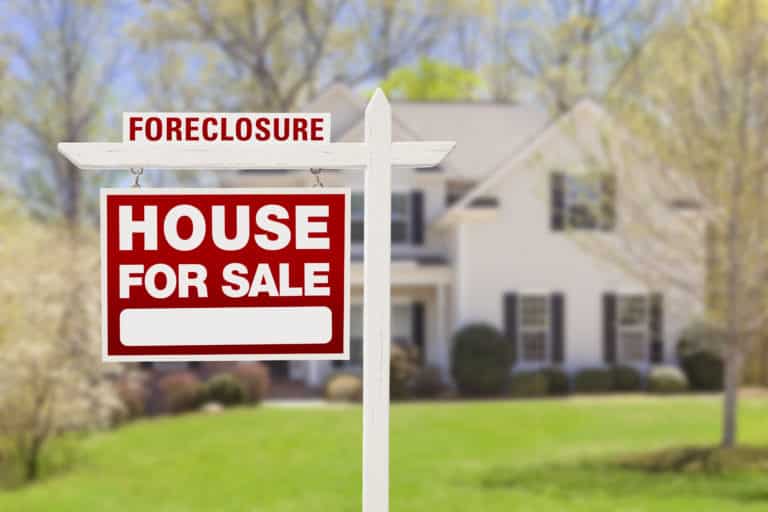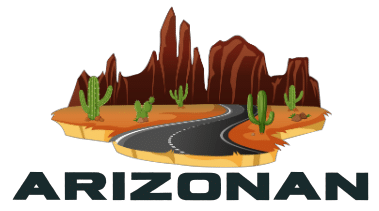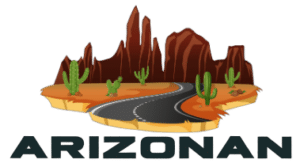Homes in Foreclosure
Properties
Thank you for reading this post, don't forget to subscribe!Homes in Foreclosure

Some FAQ
When you are in the market for a new home, you generally want to find one that will fall in line with both your home buying budget and your lifestyle. To accommodate both, you have the option of looking beyond traditional listings and instead focusing on homes that have been foreclosed on.
Buying one of the foreclosure homes in your desired market can be the ideal solution to your home buying needs. To ensure that you navigate the intricate process of viewing, bidding on and buying any of the foreclosed homes, you need to hire an experienced Realtor with experience in locating and closing on foreclosed homes for sale to assist you.
What is Foreclosure?
The standard foreclosure definition is the legal process of taking possession of property that is mortgaged after the mortgage holder fails to make or keep up with payments on it. The lender then forces the sale of the property to recoup money that the owner owes in back payments, penalties, and other expenses.
Depending on where the property is located, the foreclosure process can take anywhere from six months to a year to complete. During that time, negotiations between the lender and borrower typically will take place to give the borrower a chance to get caught up with payments and stop the foreclosure process. The outcome of these negotiations determines if and when the foreclosure on the home will continue.
A more in-depth explanation of foreclosure meaning can be understood by detailing the actual process of foreclosing on a home. It begins with the mortgage holder failing to make or keep up with payments on the property. Once the property owner is in default, he or she has 90 days to pay the most recent bill and reinstate the terms of the loan.
After the borrower falls into default, the mortgagor files a notice of trustee’s sale with the county office. This notice initiates the auction process to auction off the foreclosed home and recoup money that the borrower owes. The borrower has up until five days before the auction to make all defaulted payments and stop the foreclosure process.
If the home is sold at auction, the new owner receives the trustee’s deed to it. The defaulted owner has three days to move out of the home. If he or she fails to move out, the new owner can begin the eviction process to forcibly remove the previous owner from the house.
Find The Perfect Home !
Search Cities In Arizona
Foreclosed homes that do not sell at auction revert back to the lender. The lender can then list foreclosed homes for sale by going through a real estate agency like any other owner looking to sell his or her home.
Reasons for Buying a Foreclosed Home
After understanding what is foreclosure, you might wonder why you should buy one of the foreclosed homes for sale in your city or state. In fact, a number of benefits come with buying a foreclosed home. These perks many times elude buyers who look for and buy homes through traditional means.
To start, many foreclosure homes are listed for much lower than their appraisal price. Whether the home is being sold at auction or listed for sale through a real estate agency, the lender typically wants to sell it as quickly as possible. To facilitate a fast sale, the lender often is willing to sell it for much lower than its original asking price.
Further, it is many times possible to find foreclosed homes in neighborhoods where average sale prices are beyond your home buying budget. You can move into an upscale neighborhood without having to pay full price for a home. Buying a foreclosed home lets you move into a more desirable area at a fraction of the cost that you would otherwise have to pay for buying a home there.
You can even get traditional loan options despite buying a home that was sold through a foreclosure auction or sale. In fact, lenders are often willing to extend 203k mortgages to people who buy foreclosed homes. This loan not only covers most or all of the price of the home but also gives you funds for making repairs and upgrades to bring the home up to code.
Finally, many foreclosure homes are ready to move in and offer ready equity accumulation potential. They offer a solid return on your investment in them and, in some cases, do not need much, if any work, to make them ready for you and your family to begin living in them immediately.
Finding Foreclosed Homes for Sale
When your next question involves how to find foreclosures near me, you can choose from a number of different methods for locating these types of homes for sale. Some of the more common options include:
• Online real estate agency sites
• County and city newspapers
• Bank websites
• Government agency websites
• Public records
• Auction house websites
You can also simply drive through neighborhoods where you would like to move to find homes that are being foreclosed on and will soon be up for sale or auction.
However, when you are keen to find foreclosed homes for sale that fit within your home buying budget and can more than suit the needs of you and your family, it would work to your advantage to hire a Realtor who has specific experience finding and closing on sales for foreclosure homes.
An experienced Realtor many times will have inside information on the local real estate market and know exactly where to find high-quality homes that are in foreclosure. You could get the first opportunity to view these homes before they go up on the market or are listed with an auction house.
Your Realtor can also mediate between you and the owner of the foreclosure property. You can rely on this real estate professional to send your bids on the home and negotiate with the owner or lender to get the home at a price that more than fits your budget. Your Realtor can speed up the process of buying the foreclosed home and ensure that you navigate the entire process, which can many times be more complex than traditional home buying, successfully so that the sale is legal and can hold up in court if the defaulted buyer, lender or any other entity challenges it.
Processes for Buying Foreclosed Homes
There are a number of different processes that you can follow for buying foreclosed homes for sale. One of your first options involves finding a home that is at risk of being foreclosed on and being sold by the owner. The owner may want to sell the home before the lender has a chance to foreclose on it.
A pre-foreclosure home can be sold for what is known as a short sale. A short sale involves selling the home for less than what is owed on the mortgage and is not technically a foreclosure sale.
A short sale, however, comes with its own set of challenges. The owner must get permission from the lender to sell the house for less than what he or she owes on the mortgage. In some cases, the lender will approve the short sale in order to get most of the defaulted balance.
However, there is always a risk that the lender can reject your offer on the pre-foreclosure home. It can help you to close on the short sale if you have an experienced Realtor negotiating with the lender for you.
You can also bid on a foreclosed home being sold at auction. This is perhaps the most common method that people have for buying foreclosed homes for sale. However, as with buying a pre-foreclosure home, buying a foreclosure home at auction can also come with risks, such as the title to the home having back taxes owed on it, the home needing expensive repairs or you simply paying too much for a home that is not appraised at your bidding price.
You can also buy what is known as an REO foreclosure. REO stands for Real Estate Owned and simply means that a bank or mortgage lender owns the home.
Many times, the lender or bank will use the services of a real estate agent to list and sell bank (REO) foreclosure homes for sale. Your Realtor would then navigate the buying process much as he or she would if you were to buy any other home listed for sale through the agency.
Finally, you can buy a government-owned foreclosed home. Government-owned foreclosed homes include HUD foreclosures, VA foreclosures, and Fannie Mae foreclosures. These government entities underwrite mortgages for first-time, low-income, and military homebuyers.
When property owners default on these types of mortgages, the ownership of their homes reverts to the underwriting government agency after default. HUD, the VA, Fannie Mae, and other government entities can then list the homes for sale in an attempt to get back the money that the borrower owes to them.
Regardless of what method that you choose for finding and buying a home that has been foreclosed on, it can be critical that you avoid representing yourself during the sale. There are many legalities involved with buying a home that is in foreclosure or has been foreclosed upon already. For example, you must submit a legitimate bid to even view a foreclosed home.
You also need to research the title and find out the true worth of the home before you make a bid on it. Your Realtor can find out all of the pertinent details of the house, find out if any taxes are owed on its title, and have it appraised. Your Realtor will protect your best interests in the sale and ensure that you are not taken advantage of, defrauded, or stuck with a home that is not worth the money that you paid for it.
Foreclosure homes for sale can be worthy investments if you have all of the key details about them. The process involved with buying one of these homes can differ significantly from the traditional home-buying process.
Because of the numerous complex legalities that can be involved with it, you need to hire a Realtor that is experienced in finding and closing on foreclosure homes. With an experienced Realtor’s guidance, you can locate a foreclosed home that suits your family’s lifestyle and is within, or even lower than, the price range that you have set aside for buying a new house today.

